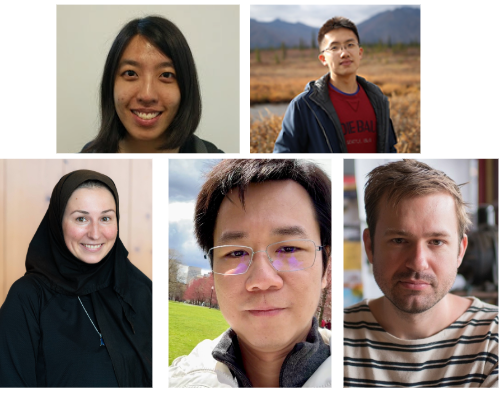
The career development chair recipients are Cheng-Zhi Anna Huang, Kuikui Liu, Marzyeh Ghassemi, Kaiming He, and Alexander Rives.

Department of EECS names new chair recipients
The new chairs became effective July 1.

A new study shows someone’s beliefs about an LLM play a significant role in the model’s performance and are important for how it is deployed.

A member of the MIT EECS faculty since 2004, Madden succeeds longtime faculty member Arvind in the role.

The model could help clinicians assess breast cancer stage and ultimately help in reducing overtreatment.

The approach could help engineers design more efficient energy-conversion systems and faster microelectronic devices, reducing waste heat.

Neural network controllers provide complex robots with stability guarantees, paving the way for the safer deployment of autonomous vehicles and industrial machines.

Increasing severity and duration of heat drives data collection and resiliency planning for the forthcoming Climate Resiliency and Adaptation Roadmap.

Spooky action at a distance: a quantum computing research collaboration crosses the Atlantic
Researchers at MIT have recently signed a 4-year collaboration agreement with the Novo Nordisk Foundation Quantum Computing Programme (NQCP) at Niels Bohr Institute, University of Copenhagen, focused on accelerating quantum computing hardware research.

Machine learning and the microscope
PhD student Xinyi Zhang is developing computational tools for analyzing cells in the age of multimodal data.